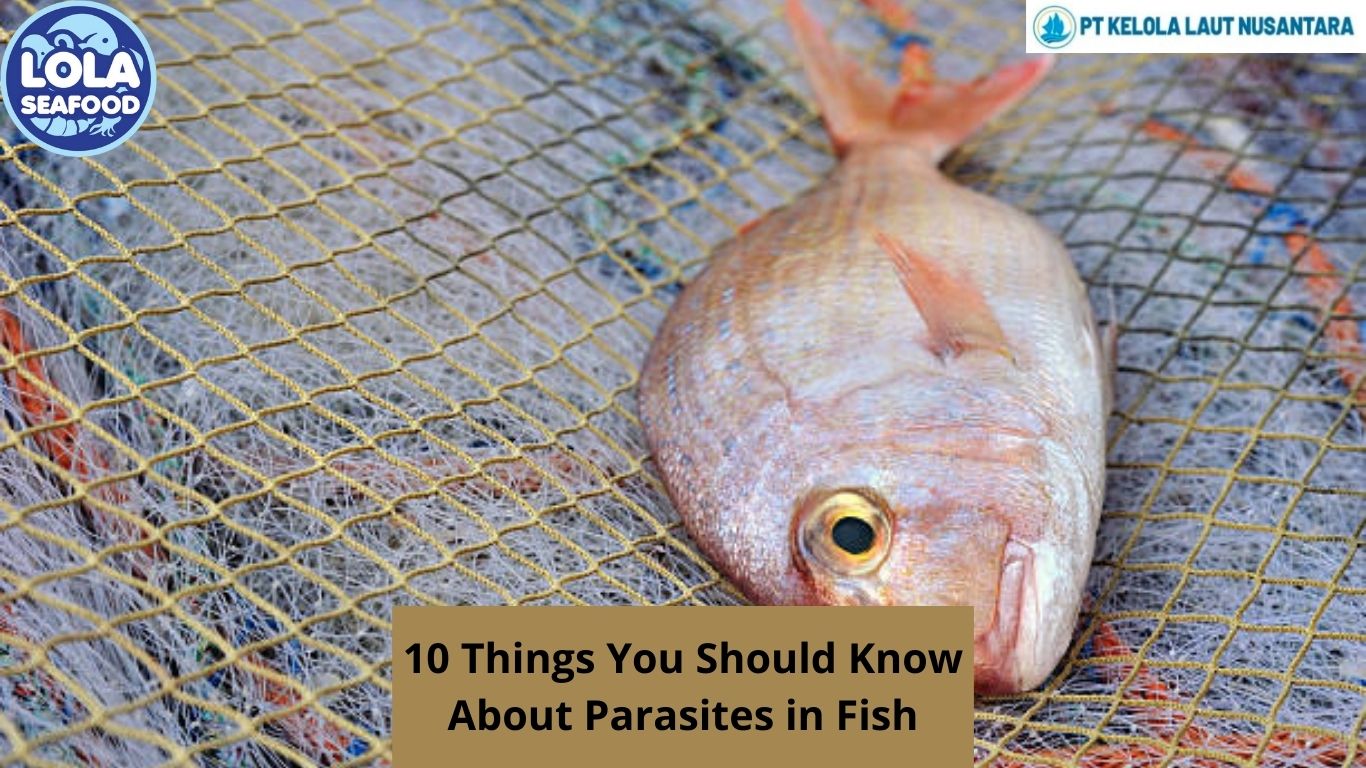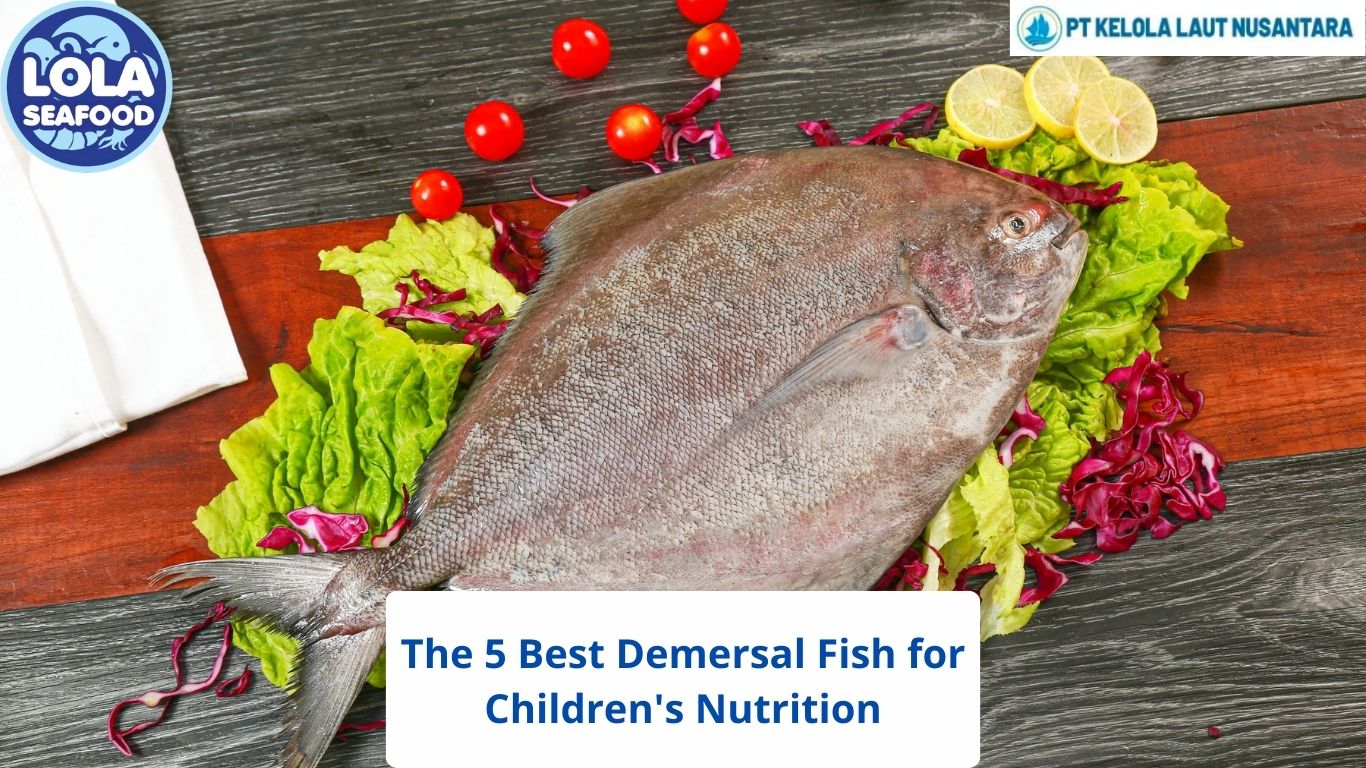The Reason Why Cold Water Is Important in Washing Cephalopods
By. Agung Kurniawan - 27 Dec 2024.jpg)
Kelolalaut.com Cephalopod washing is an essential step in preparing these marine creatures—such as octopus, squid, and cuttlefish—for culinary use. The cleaning process is crucial not only for achieving a desirable texture and flavour but also for ensuring the removal of sand, slime, and unwanted internal parts. A critical aspect of this procedure is the use of chilled water, which plays a key role in maintaining the freshness, texture, and quality of the cephalopods throughout the cleaning process. Below is an in-depth explanation of cephalopod washing, emphasizing the importance of using chilled water.
1. Preserving Freshness and Quality
Cephalopods are highly perishable due to their delicate protein structure and high-water content. Using chilled water, typically maintained between 0°C and 5°C (32°F–41°F), helps slow down bacterial growth and enzymatic activity, which can cause spoilage. The cold environment ensures that the cephalopod remains fresh during the washing process, preserving its flavour and texture.
2. Enhancing Texture
Chilled water helps in maintaining the firmness of the cephalopod's flesh. Warm or room-temperature water can cause the proteins in the cephalopod to break down prematurely, leading to a mushy texture. Cold water stabilizes the proteins, ensuring that the meat retains its characteristic firmness, which is crucial for dishes like grilled octopus or calamari.
3. Facilitating Slime Removal
Cephalopods naturally secrete a slimy mucus layer, which can make handling and cleaning them challenging. Chilled water is effective in loosening this slime, making it easier to rinse off during the washing process. The cold temperature also prevents the slime from spreading excessively, simplifying the cleaning process.
4. Reducing Stress on the Flesh
The delicate skin of cephalopods can easily tear when subjected to warm water or excessive handling. Chilled water minimizes stress on the skin and flesh, allowing for gentle and effective cleaning without compromising the integrity of the cephalopod.
Step-by-Step Process for Washing Cephalopods with Chilled Water
1. Initial Rinse
Begin by rinsing the cephalopod under chilled running water to remove any external dirt, sand, or slime. This first step is essential for preparing the cephalopod for further cleaning.
2. Removal of Internal Organs
For squid, gently pull out the head and tentacles, which will remove most of the internal organs attached to the body. For octopus and cuttlefish, the internal cavity should be opened to remove the beak, ink sac, and other internal parts. Use chilled water throughout this process to keep the flesh cold.
3. Skin Removal (Optional)
Some recipes require the removal of the thin, outer skin. Using chilled water while rubbing the skin helps to loosen it without damaging the underlying flesh. The cold water also helps in keeping the skin pliable for easy removal.
4. Cleaning the Tentacles
Tentacles often have suction cups that can trap debris and sand. Submerge the tentacles in a basin of chilled water and gently scrub them with your hands to dislodge any trapped particles. The cold water helps keep the suction cups intact and functional.
5. Final Rinse
After the internal organs and slime have been removed, perform a final rinse in chilled water to ensure that the cephalopod is thoroughly cleaned. At this stage, it is important to inspect the cephalopod for any residual sand or debris.
6. Drying and Storage
Once the washing process is complete, pat the cephalopod dry with a clean kitchen towel. If not cooking immediately, store it in the refrigerator or on ice, ensuring it remains at a temperature of 0°C to 5°C until ready for use.
The use of chilled water in cephalopod washing is essential for preserving the freshness, texture, and overall quality of these seafood delicacies. From removing slime to maintaining protein integrity, chilled water plays a central role in ensuring that the cephalopod remains pristine and ready for culinary preparation. Whether you’re preparing a tender grilled octopus or crispy calamari, proper washing with chilled water is a step that should never be overlooked.
If youre interested in our Baby Octopus Whole Cleaned, Baby Octopus Flower, and Octopus Leg please do not hesitate to contact us through email and/or whatsapp








